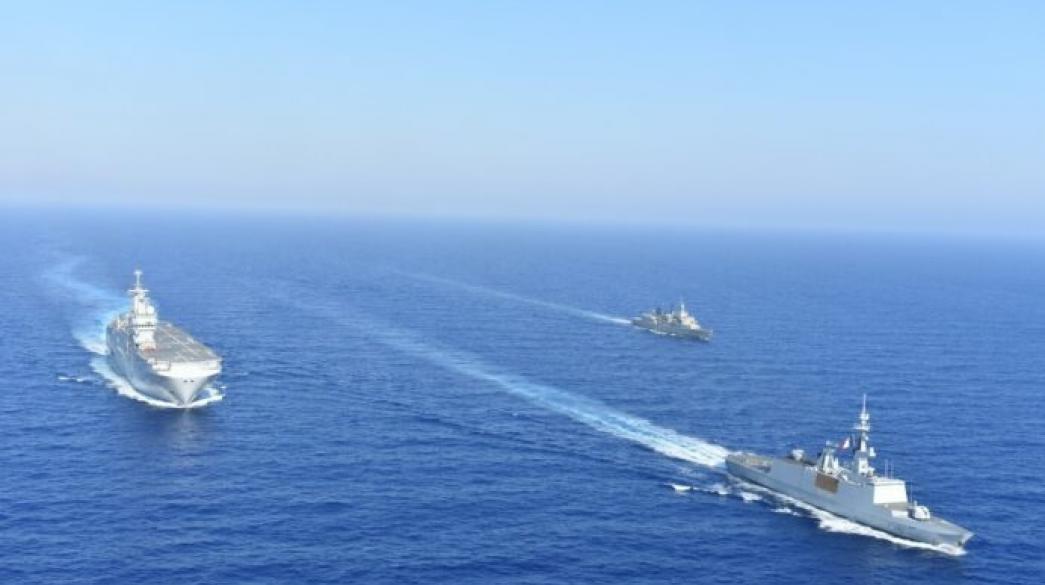Just as the agreement between Greece and France for the purchase of the Belharra frigates is in parliament, the Greek defense industry is waiting to determine the degree of its involvement, albeit indirectly, in the contract and the purchase of the Rafale aircraft. A development that is eagerly awaited by the companies in the field that are now at a critical point after 10 years of deep crisis due to a large reduction in the country’s armaments program.
The first impressions from the acquisition of three (with option for one more) Belharra frigates first and then the acquisition of three (with option plus one) GoWind corvettes are positive, however the final signatures for the purchase of the ships have not yet been put in place. Both French President Emanuel Macron and Greek Prime Minister Kyriakos Mitsotakis during joint statements clarified that the Belharra will be built entirely in France, but with the participation of the Hellenic Defense Industry (EABI). It was not immediately clear how EAB would participate.
Also, the frigate program is not the only major defense program in the country that is running. The Rafale paved the way for the frigates, as our country will buy from France 24 "4.5 generation" aircraft, costing 3.5 billion euros. But what does the participation of the Greek Defense Industry in the Rafale and Belharra deals mean, in numbers, for the industry and the Greek economy, and why is such a thing absolutely necessary?
Greek defense companies in recent years have set as a request "the need to have industrial returns and investments in 30% of the value of armaments costs." In any major armaments program, such as those in the Rafale and Belharra markets, the country of manufacture, as is customary worldwide, provides a 30% return on construction to the purchasing country's defense industry. This was the case until recently in Greece - until the Venizelos law on commissions - where the minimum 30% EPA (Greek Value Added) and additional offsets were introduced.
Based on the information available so far, the French programs cost: 3.5 billion euros for the Rafale plus 5 billion for the Belharra, making a total of 8.5 billion euros. If we calculate 30% of this amount as EPA, we are talking about 2.5 billion euros of industrial returns to the country and economy. Additionally, due to the fact that the defense industry is high-tech, essentially 2.5 billion will be equivalent to investments in the high-tech industry.
What does this mean in practice? The Hellenic Manufacturers of Defence Material Association (SEKPY) has more than 160 corporate members that employ about 15,000 employees.
The French, of course, want to get the programs without any obligations. However, if the Greek government finally negotiates the participation of Greek companies in the two armaments programs, the benefits that will arise are multiple. Even if the French demand a reduced EPA of 15%, the official sub-construction project taken on by Greek companies will be 1.25 billion euros.
According to industry sources, even with an EPA at the supposed 15%, ie 1.25 billion euros, they will cover at least 6,000 current and new jobs that will be created in about four years.
ELENI GAVRIIL








